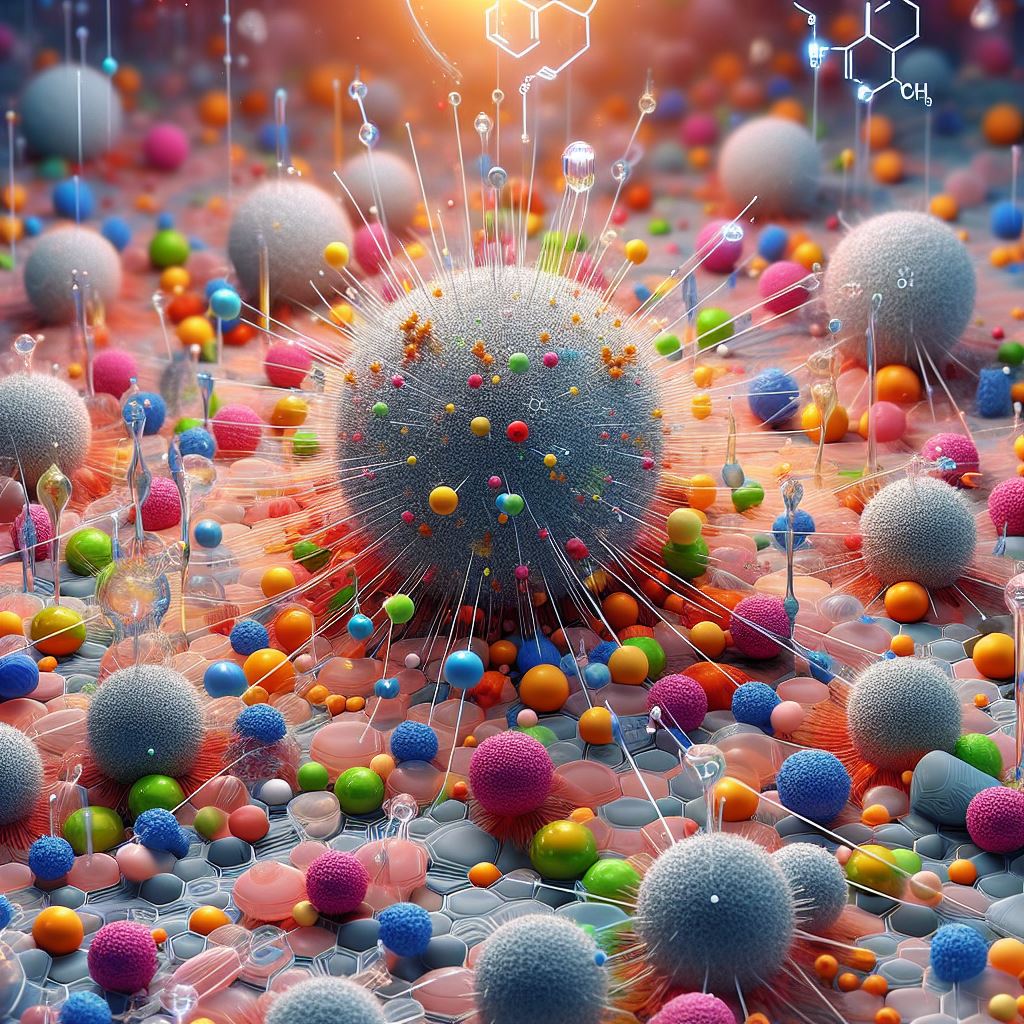Titanium Dioxide in Skin Products: In a world increasingly obsessed with skin health and beauty, it’s paramount we scrutinize every little ingredient that goes into our skincare products. One such ingredient, Titanium Dioxide, often flies under the radar, yet plays a pivotal role. But what exactly is it, and should be concerned about its presence in your skincare regimen? Let’s dive deep into the world of Titanium Dioxide to uncover its mysteries and determine its place in our skincare routines.
Introduction to Titanium Dioxide
Before we dissect its role in skincare, it’s essential to understand what Titanium Dioxide (TiO2) is. Predominantly used for its pigment and thickening properties, TiO2 is a naturally occurring mineral found in the Earth’s crust. It’s widely used across various industries, from painting to food production. However, it’s in the realm of skincare and cosmetics that Titanium Dioxide has garnered attention for its dual roles as a UV filter and color adjuster.
The Role of Titanium Dioxide in Skin Products

UV Protection
Most of us are no strangers to the harmful effects of UV rays, ranging from premature aging to increased risk of skin cancer. Here, Titanium Dioxide plays a crucial role:
- Sunscreen Agent: Acting as a physical barrier on the skin, it reflects, scatters, and absorbs UV radiation, thereby protecting the skin from sun damage.
- Suitable for Sensitive Skin: Thanks to its gentle nature, Titanium Dioxide is often recommended for those with sensitive skin.
Aesthetic Enhancements
Apart from its sun shield capabilities, Titanium Dioxide also lends a cosmetic hand:
- Pigmentation: It brightens and provides a uniform color to skincare and makeup products.
- Texture Enhancer: It improves the thickness and spreadability of lotions and creams.
Safety and Concerns of Titanium Dioxide in Skin Products
When talking about any chemical compound, the big question is always about safety. Here, the narrative around Titanium Dioxide is mostly positive:

Regulatory Approval
- The Food and Drug Administration (FDA) considers it safe for use in cosmetics, including sunscreens.
- The European Union also permits its use in cosmetic products with specific concentration limits.
Debates and Research
Despite the green light from regulatory bodies, there have been debates:
- Respiratory Concerns: In powder form, inhaling Titanium Dioxide can be harmful, though this is more a concern for industrial workers than consumers.
- Nano-sized Particles: Studies are ongoing to fully understand the effects of nano-sized TiO2 particles, particularly their ability to penetrate the skin and potentially cause harm.
Navigating the Titanium Dioxide Debate
Given the ongoing research and debates, how should you navigate products containing Titanium Dioxide? Here are a few tips:
- Read Labels: Be aware of the products you’re using and their contents.
- Consult Experts: When in doubt, consulting a dermatologist can provide tailored advice based on your skin type.
- Stay Updated: Keeping an eye on the latest research can help you make informed decisions.
Conclusion: Titanium Dioxide in Skin Products
Titanium Dioxide, with its dual benefits of protection and aesthetic enhancement, undoubtedly earns its spot in our skincare arsenals. However, like with any ingredient, understanding its properties, benefits, and potential concerns is crucial. Armed with knowledge, we can make informed choices toward healthier skin and peace of mind.
Remember, the best skincare product is not the one with the most ingredients, but the one where every ingredient serves a purpose. Titanium Dioxide, with its comprehensive benefits, stands out as a testament to this principle.
“Empower your skincare choices with knowledge, and let every ingredient, including Titanium Dioxide, serve your skin’s health and beauty.”
By keeping informed and consulting with skincare professionals, we can navigate the complex world of skincare ingredients with confidence and grace.






Pingback: Dupont Titanium Dioxide: The Ultimate Guide for Incredible Results - Safe Climber Overseas Pvt. Ltd.